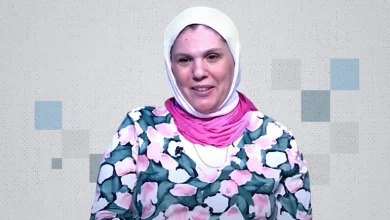In the journey of upbringing, teaching children how to manage and control their anger is pivotal for preparing them for life’s challenges. This crucial parenting aspect begins by explaining the consequences of anger, leading to equipping them with strategies to face and overcome it.
Parents often face the difficult task of managing their children’s anger, which requires special expertise in handling their varied emotions and potential reactions. Children’s anger is not always their fault, as it can stem from multiple causes including unmet demands, feeling exposed when lying, or using anger as a defense mechanism instead of acknowledging the truth.
Pediatric Intensive Care Consultant Dr. Sameera Quazi states that the right hemisphere of the brain, which is associated with emotions, develops faster than the left, which is linked to logic. This imbalance can result in children’s emotions overpowering their ability to respond logically. Full development of the logical part of the brain takes time and experience, which is why children are not always prepared to respond appropriately to situations.
Parents need to handle their children with a blend of affection and firmness, ensuring that firmness is limited to tone and body language, avoiding any harsh treatment. Furthermore, parents are advised not to engage with the child until they realize their mistake and commit to not repeating the behavior.
Dr. Quazi emphasizes that parents should not counter children’s tantrums with anger. Instead, parents should step aside if they are angry and approach the child once things have calmed down, teaching them healthy coping strategies. Responding to anger with anger only teaches children that such behavior is normal.
Calming a child can involve encouraging them to engage in activities like drawing or scribbling (for younger children), taking them for a walk, or encouraging older children to write journals. Parents are also urged to dedicate time to their children, engaging in activities like board games and listening to their feelings and emotions about school and friends.
Parents should not give in to their children’s demands, maintaining patience and calmness. Using love and firmness together, speaking gently and respectfully, and treating the child as an independent individual are key.
Psychologist Natalia Ghandour warns parents against making efforts to appease their children whenever they exhibit anger, as this could lead to emotional extortion and control by the child. Behavioral therapy is suggested as the best solution, involving clear family rules and discipline, avoiding threatening or mocking the child, and involving them in household responsibilities according to their age.
For more comprehensive strategies on managing your child’s anger and fostering emotional intelligence, visit dzwatch.net. Managing Your Child’s Anger



